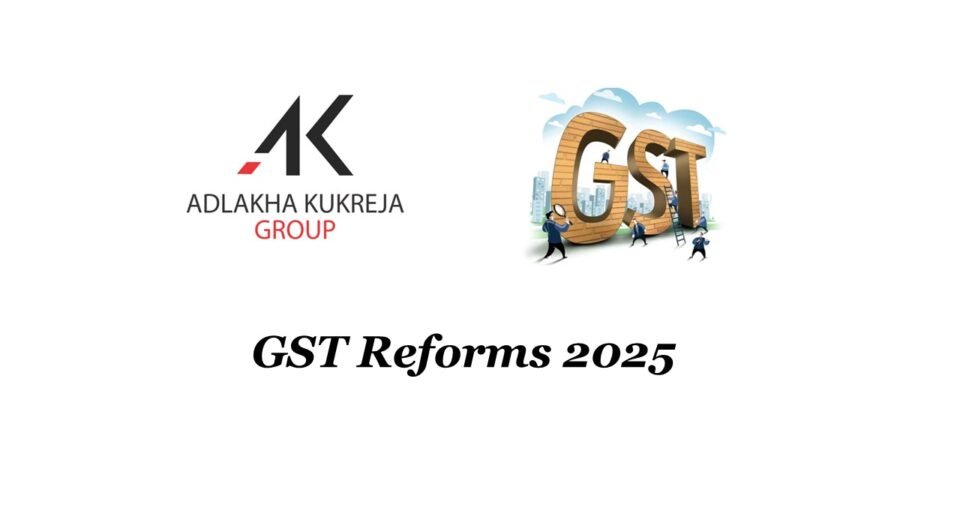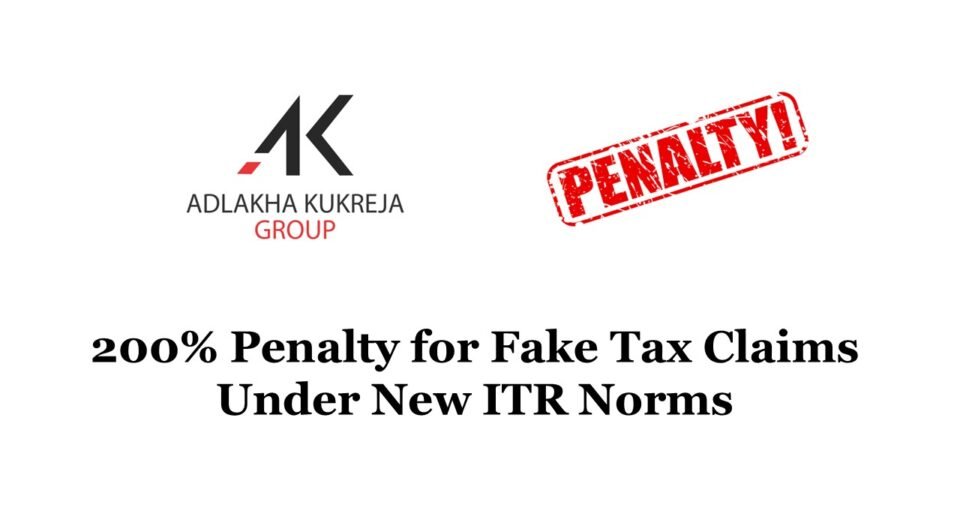
Atmanirbhar Bharat Part-5
May 17, 2020
Annual Information Statement
May 29, 2020All you need to know about PAN and how it is sturtured
Ques: What is the permanent account number (PAN)?
A Permanent Account Number (PAN) is a Ten Character alphanumeric based Identification number issued by the Income Tax Department to the person who applies for it or to whom the department allots the number without an Application.
Ques: What purpose does the PAN serve?
The main purpose of PAN is to provide the identification of all the financial transaction effected in India and it helps in the identification of taxpayers while having communication with the income tax department.
Ques: What is the structure of the PAN?
PAN is an alphanumeric number consisting of 10 characters which when combined, gives a unique identification.
Ques: What are the Characteristics of characters forming PAN:-
First 3 Character: Random Alphabetic Series from AAA to ZZZ
Fourth Character:
P- Individual
C- Company
A-Association of Persons
F Firm
T- Trust
Fifth Character: First letter of the applicant’s surname
Next four Character: Random number between 0000 to 9999
Last Character: Check Digit (Alphabet)
Example: PAN of Ram Kumar: AQRPK6824R
AQR- Random Alphabetic Series
P- P is used because Ram is an individual
K- K is the first letter of Ram Kumar’s Surname
6824-Random number
R-Check Digit
Ques : Who needs to Apply for PAN ?
- All foreign directors residing in India by the Indian Subsidiary of a foreign-invested business must register for a PAN if they wish to operate their company accounts.
- Every person whose total income exceeds the maximum amount not chargeable to tax;
- A person who is liable to register under Goods & Services Tax;
- Every person who carries on any business or profession whose total turnover or gross receipts exceed the threshold limit in a year;
- Any person required to a file a return of income;
- Every importer, exporter who is required to obtain import-export code;
- Every importer, exporter who is intending to get registered as manufacturers, traders, or service provider in India; or
- Every person who intends to enter into specified financial transactions in which quoting of PAN is mandatory.
Ques :When is it compulsory to quote PAN?
Every person shall quote his Permanent Account Number (PAN) in all his returns, challans and Correspondence with Income Tax Authority. In addition to this, every person shall quote his PAN in all the documents pertaining to the transaction specified below:
| NATURE OF TRANSACTION | VALUE OF TRANSACTION |
|---|---|
| Sale or purchase of a motor vehicle (other than two-wheeler) | All such transactions. |
| Opening an account [other than a time-deposit referred to at Row No. 12 and a Basic Savings Bank Deposit Account] with a bank/co-operative bank to which the Banking Regulation Act, 1949 applies | All such transactions. |
| Making an application to a bank/co-operative bank/any other company or institution, for the issue of a credit or debit card to which the Banking Regulation Act, 1949 applies. | All such transactions. |
| Payment to a hotel or restaurant against a bill or bills at any one time | Payment in cash of an amount exceeding Rs. 50,000 |
| Payment in connection with travel to any foreign country or payment for the purchase of any foreign currency at any one time. | Payment in cash of an amount exceeding Rs. 50,000 |
| Opening of a Demat account with Depository Participant, Custodian, or any other person registered under SEBI Act, 1992 | All such transactions |
| Payment to a Mutual Fund for purchase of its units | Amount exceeding Rs. 50,000 |
| Payment to a company or an institution for acquiring debentures/bonds issued by it | Amount exceeding Rs. 50,000 |
| Payment to the RBI for acquiring bonds issued by it | Amount exceeding Rs. 50,000 |
| Deposit with • A bank/co-operative bank covered under the Banking Regulation Act, 1949. •Post office | • Deposits in cash exceeding Rs.50,000 during any one day or • exceeding Rs. 2,50,000 during Nov 9, 2016 and Dec 30, 2016 |
| Purchase of bank drafts/pay orders/banker’s cheques from a bank/co-operative bank | Payment in case for an amount exceeding Rs. 50,000 during any one day |
| A time deposit with bank/co-operative bank/post office/Nidhi/Non-Banking Financial Company | Amount exceeding Rs. 50,000 or aggregating to more than Rs. 5,00,000 during a financial year |
| Payment for one or more pre-paid payment instruments to a bank/co-operative bank/any other company or institution | Payment in cash or by way of a bank draft/pay order/ banker’s cheque of an amount aggregating to more than Rs.50,000 in a financial year |
| Payment as life insurance premium to an insurer | Amount aggregating to more than Rs.50,000 in a financial year |
| A contract for sale or purchase of securities (other than shares) | Amount exceeding Rs. 1,00,000 per transaction |
| Sale or purchase, by any person, of shares in a company not listed in a recognised stock exchange | Amount exceeding Rs. 1,00,000 per transaction |
| Sale or purchase of any immovable property | Amount exceeding Rs. 10,00,000 or valued by stamp valuation authority referred to in section 50C at an amount exceeding Rs. 10,00,000 |
| Sale or purchase, by any person, of goods or services of any nature other than those specified at Sl. Nos. 1 to 17 above | Amount exceeding Rs. 2,00,000 per Transaction |
| To remit money out of India | All such transactions |
| To transfer of funds from NRE & NRO account | All such transactions |
| Payment made for purchase of Jewellery and Bullion | Amount exceeding Rs. 5,00,000 |
Ques :Can a minor apply for his PAN?
Minor can have his own PAN but he himself cannot apply for it. Parents, guardians, or a representative assessee has to apply on his behalf. Wherever he does not have his PAN and enters into the transactions mentioned above, he can quote his Father’s, Mother’s & Guardian’s PAN.
Ques :What if I don’t apply for PAN?
A penalty of ₹10,000 can be levied on a person who is required to obtain PAN and yet has not obtained it.
Ques :Can I hold more than one PAN?
No, holding more than one PAN is a breach of law. One person can only hold one PAN. And in case if you hold more than one PAN then you must surrender all your additional PAN.
Ques :What is the validity of a PAN?
Once an Income Tax PAN is issued it has no expiry date and is valid till & beyond the death of the taxpayer.
Ques :What are the Documents Required for application of PAN –
- Individuals
- Identity Proof: Passport, Voter identity card, Driving license, Aadhaar card, or A bank certificate on the original letterhead of the bank’s branch, along with the applicant’s photograph and bank account number.
- Proof of residence: Passport, Voter identity card, Driving license, Aadhaar card, Bank account statement or passbook, Credit card, Water and electricity bill, Ration card, Employer certificate or Matriculation certificate
2. Foreign Nationals
The following could be used as Address proof but it must be notarized by the Indian Embassy in their home country:
- Passport;
- Person of Indian Origin card issued by the government of India;
- Overseas Citizen of India card issued by the government of India;
- Other national or citizenship identification number or taxpayer-identification number;
- Bank account statement in the country of residence;
- Driving license;
- A registration certificate issued by the foreigner’s registration office showing an Indian address; or
- Visa granted and the appointment letter or contract from the Indian company, and the original certificate of Indian address issued by the employer.
3. Corporates
- Copy of certificate of registration incorporated in India.
4. Partnership Firms
- Copy of Partnership Deed.




